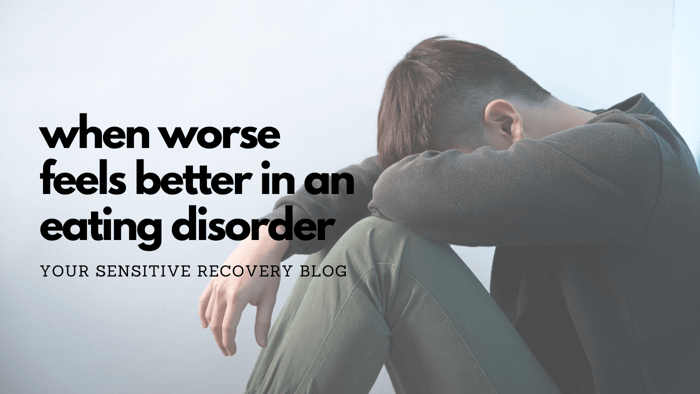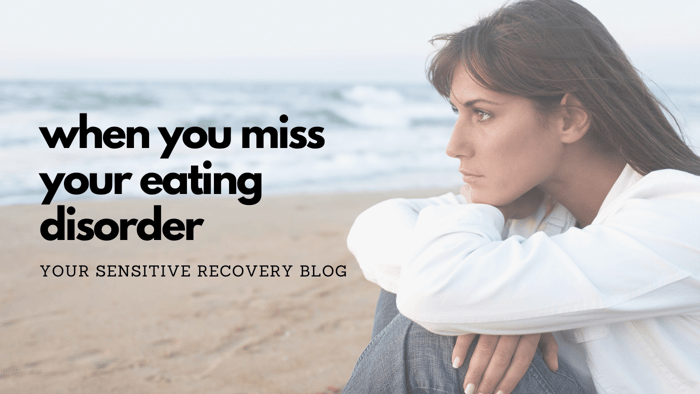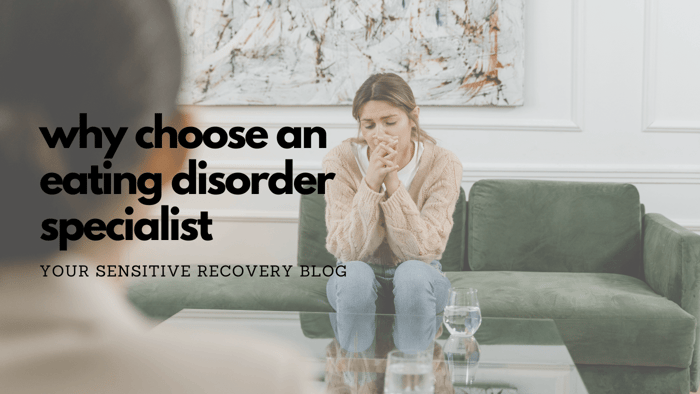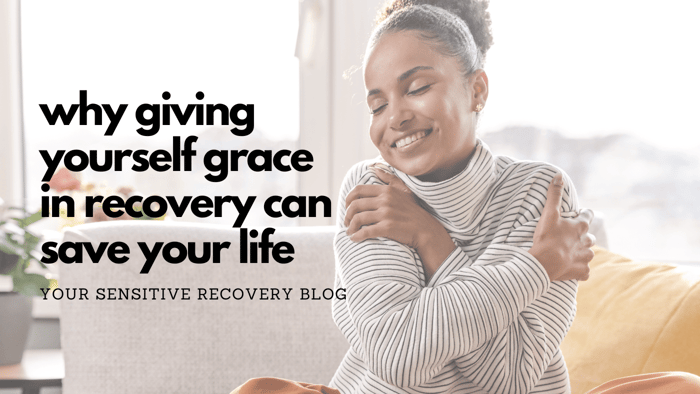Life with an eating disorder: Imagine you are continually tormented by an inner dialogue that screams of your worthlessness, your hideous appearance, and your pitiful existence. Imagine your day being solely focused on food, either avoiding it, getting rid of it, or consuming as much of it as you can. Imagine spending your birthday in a locked facility, perhaps too tired and weak to stand up on your own. And now imagine that there is a very strong part of you that wants things to be worse.
This is the horrible trap of an eating disorder.
One of the most difficult aspects of eating disorders is the mind-boggling fact that those suffering would often do almost anything to cling to their disorder. As much as part of them wants to be happy and healthy and free from the constant torture, there is another part, often referred to as "the ED-self", that convinces the person affected that they will be nothing without it.
When your eating disorder becomes your identity, medicals markers used to gauge its severity, such as amenorrhea (absence of menses in people who menstruate), or the body mass index scale (which is bullshit, btw), are looked upon as levels of achievement.
When you're trapped in this mindset, worse really does feel better.
Throughout the years that I struggled with Anorexia, I used the presence of my period as a way to prove to myself that I was still safe, and that I still had weight to lose. Some individuals will stop menstruating fairly quickly after a fair amount of weight loss. Others can maintain too-low weights yet continue to menstruate. I had seen and memorized what the Diagnostic and Statistical Manual of Mental Disorders (then the DSM IV) said, and I believed I needed to lose my period for my eating disorder to be "official". (By the way, amenorrhea is thankfully no longer a part of the criteria.)
My therapist and doctor both diagnosed me anyway, but I had this strange longing to fit the bill, to really be able to label myself because it meant that at least I was doing something right.
If I failed at everything else in life, at least I would master my eating disorder. I would be the best at it that I could.
I wanted to be the thinnest in the room, the sickest, and perhaps there were times when I did hold that title. It became my prize, my sense of accomplishment. My eating disorder became my identity and when recovery threatened that, I would panic and slip right back into the disordered behaviors. Who would I be without it?
I needed this disease to survive, or so my eating disorder told me.
It is a very disordered way of thinking, I know, but I also know that I was not alone in thinking those thoughts. I have treated so many individuals with eating disorders, and there is a definite cognitive pattern when it comes to symptoms and diagnostic labels. In short, it seems the worse you are, the better you feel. I can't count how many times I've heard people with Bulimia wish they had the "control" of their treatment peers with Anorexia, or those with Binge Eating Disorder who long for the ability to purge like with Bulimia. There is an unfortunate, perceived hierarchy among sufferers, with some believing that the "purity" and "cleanliness" of Anorexia outranks the "hedonistic" behaviors of Bulimia or Binge Eating.
But in reality, all eating disorders are serious crises, and they can all be deadly.
Whether you're starving or stuffing or purging, your eating disorder is a distraction, a desperate attempt to control the uncontrollable. Eating disorders, in general, are very control-focused. Whether it's an attempt to control anxiety, anger, or relationships, they trigger and feed off of the competitive and perfectionist personality traits that many sufferers share. I thought that if more medical complications equaled more control, so be it.
But the crux of the matter is that sufferers inevitably reach a point, often quite quickly, where the locus of control shifts completely out of their hands, and into the hands of the eating disorder.
It's too hard to battle an eating disorder alone. Reaching out is the first step in a successful recovery. Share your secret with a trusted friend or family member. Even the act of sharing a secret can often relieve some of the pain. Seek professional help. There are people who have been in your shoes and are willing to guide you out of the darkness.
Hope is real. Recovery is real.
This blog post was originally written for GoodTherapy.org
✨ Josie Munroe, LMFT is a licensed therapist and owner of JosieMunroe.com and Your Sensitive Recovery As a recovered clinician and Highly Sensitive Person, she loves supporting others on their journeys to form new, empowered relationships with food, their bodies, and their sensitivity. Join the newsletter for a weekly boost of hope and inspiration. You deserve a recovery that works for you! ✨





